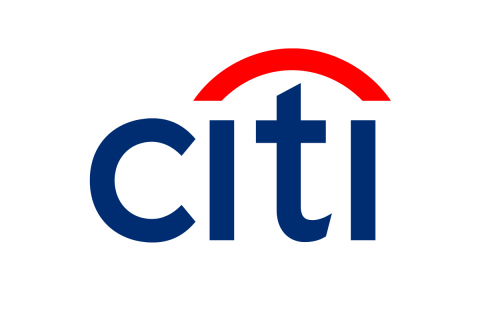Citi GPS Report: Economic and Social Mobility – The Role of Business in Improving Outcomes
Citi GPS Report: Economic and Social Mobility – The Role of Business in Improving Outcomes
LONDON--(BUSINESS WIRE)--Citi released a new Global Perspectives & Solutions (Citi GPS) report titled Economic and Social Mobility – The Role of Business in Improving Outcomes. Although socioeconomic diversity lags race and gender on corporate diversity agenda, employers are playing a significant role in improving economic and social mobility. Yet, there is still more to do and, with a more supportive ecosystem, employers could go further faster. This report builds on our previous body of work addressing issues of equality by outlining the benefits that a stricter focus on social mobility could yield at multiple levels.
Previous Citi GPS reports have underlined the economic imperative for gender and racial equality. “We have shown that delivering greater equality is not only socially and morally the right thing to do, but also smart economically — for governments, corporates, and investors,” says Andrew Pitt, Citi’s Head of Research for the Institutional Clients Group. “There is now a growing awareness of the potential that greater economic and social mobility could bring, with some of the most significant initiatives currently taking place in the UK,” he adds.
Socioeconomic status is multi-faceted, encompassing economic capital (like income and wealth), social capital (like access to networks), and cultural capital (like an individual’s mode of self-presentation). The report shows that each form of capital has an impact on access to work and gives recommendations on how employers can mitigate the impact of each.
While relative economic mobility is low in much of Europe and the U.S., there may be risks ahead due to the impact of the COVID-19 pandemic on education (and the socioeconomic gradient of this impact) together with the rising share of lifetime income made up of intergenerational wealth transfers. “Opportunities for mobility are not spread equally within countries,” says Amy Thompson, Social Economist, Citi’s Global Insights. “We find that ‘levelling up,’ or closing the regional gaps in opportunities for mobility in England, could see the lowest paid increase their earnings by £2 billion and add 1.3% to UK GDP,” she adds.
Multiple factors are driving employers to address the issue of social mobility, including the demands of serving a wide customers base, a need to increase the supply of talent, and pressure from investors as part of the “S” in the environments, social, and governance (ESG) framework.
Employers are implementing a wide range of interventions — from philanthropic outreach into lower income communities to targeted programs that seek to bring these groups into the organization’s recruitment pipeline and, ultimately, system change to ensure equal access to and opportunity within an organization for all, regardless of socioeconomic background.
Many employers have focused their interventions on entry-level roles and young talent with very few employers supporting older workers to access opportunities for economic and social mobility.
The most pressing challenges faced by employers trying to improve economic and social mobility include (1) a lack of data and (2) attitudinal difficulties or misconceptions of the issue. The support mechanism that employers were most likely to call for was more work to join the dots between education and employment, including improving the provision of career advice and increasing the role of vocational skills in school curricula.
About Citi Global Perspectives & Solutions (Citi GPS)
As our premier thought-leadership product, Citi Global Perspectives & Solutions (Citi GPS) is designed to help our clients navigate the global economy's most demanding challenges, identify future themes and trends, and help our clients profit in a fast-changing and interconnected world. Citi GPS accesses the best elements of our global conversation and harvests the thought leadership of our research analysts and a wide range of senior professionals across our firm.
About Citi
Citi, the leading global bank, has approximately 200 million customer accounts and does business in more than 160 countries and jurisdictions. Citi provides consumers, corporations, governments and institutions with a broad range of financial products and services, including consumer banking and credit, corporate and investment banking, securities brokerage, transaction services, and wealth management. Additional information may be found at www.citigroup.com | Twitter: @Citi | www.youtube.com/citi | Blog: http://blog.citigroup.com | Facebook: www.facebook.com/citi | LinkedIn: www.linkedin.com/company/citi.
Contacts
Media contacts
Francesco Meucci
Citi Research & Global Insights
franecsco.meucci@citi.com
Susannah Gullette
Citi Research
susanna.gullette@citi.com
